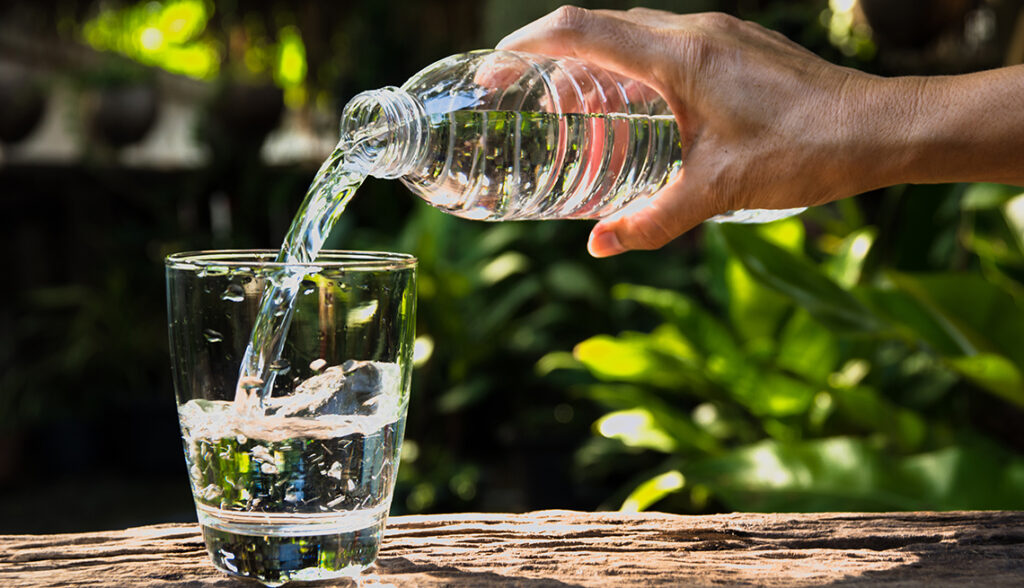Exploring the Critical Role of Hydration for Optimal Health and Performance
Hydration stands as a fundamental pillar in maintaining and enhancing both health and performance. This crucial aspect of our daily lives impacts various bodily functions, from physical endurance to cognitive abilities. Understanding the significance of hydration, recognizing the signs of dehydration, and adopting practical measures to ensure adequate water intake are essential steps toward achieving optimal health and peak performance. This comprehensive guide will explore the multifaceted role of hydration, underscored by scientific insights and enriched with actionable tips and FAQs to empower you with knowledge and practical solutions.

The Significance of Hydration
The Science Behind #Hydration
Water is the lifeblood of our bodies, constituting about 60% of the adult human body. It serves multiple vital functions, including regulating body temperature, lubricating joints, facilitating nutrient absorption, and eliminating toxins. The balance between water intake and loss is critical for maintaining these functions and ensuring our bodies operate efficiently.
Impact on Health and Performance
Proper #hydration is not merely about quenching thirst; it’s about nurturing the body’s intricate systems. For athletes and physically active individuals, hydration is directly linked to performance, affecting stamina, power, and recovery. Beyond physical aspects, hydration also plays a crucial role in cognitive functions, such as concentration, memory, and mood regulation, illustrating its comprehensive impact on our well-being.
Strategies for Optimal Hydration
Daily Hydration Tips
- Monitor Intake: Aim for a baseline of 8-10 glasses of water daily, adjusting based on activity level and environmental factors.
- Eat Water-Rich Foods: Incorporate fruits and vegetables with high water content, such as cucumbers, tomatoes, and watermelon, into your diet.
- Listen to Your Body: Thirst is a late indicator of dehydration. Regularly consuming fluids throughout the day is key to preventing dehydration.
Hydration for Athletes
Athletes require a tailored approach to hydration, considering the intensity and duration of their activities. Pre-hydration, maintaining fluid intake during exercise, and rehydration post-activity are crucial steps to prevent performance decline and facilitate recovery.
Recognizing and Avoiding Dehydration
Signs of Dehydration
Early recognition of dehydration can prevent its adverse effects. Symptoms include fatigue, dry mouth, decreased urine output, and dizziness. In severe cases, dehydration can lead to heatstroke, kidney problems, and other serious health issues.
Preventive Measures
Regularly consuming fluids, especially before, during, and after intense physical activity or exposure to high temperatures, is essential. Additionally, understanding personal #hydration needs allows for more effective prevention of dehydration.

FAQs on Hydration
Q: How much water should I drink every day?
A: The recommended daily water intake varies by individual, considering factors such as weight, climate, and activity level. A general guideline is 8-10 glasses (about 2 liters), with increased needs for active individuals.
Q: Can drinking too much water be harmful?
A: Yes, excessive water intake can lead to hyponatremia, where sodium levels in the blood become dangerously low. It’s important to balance hydration and listen to your body’s needs.
Q: Are there alternatives to water for staying #hydrated?
A: Besides water, herbal teas, milk, and certain sports drinks can contribute to hydration. Fruits and vegetables with high water content are also excellent sources.
Q: How does hydration affect athletic performance?
A: Adequate hydration is essential for optimal physical performance. It affects endurance, strength, and recovery, highlighting the need for strategic hydration practices for athletes.
Q: What are the signs of proper hydration?
A: Indicators of good hydration include clear or light yellow urine, regular urination, and a sensation of well-being. Staying attuned to these signs can help maintain hydration levels.
In conclusion, the critical role of hydration in fostering optimal health and performance cannot be overstated. By embracing a holistic approach that encompasses understanding the importance of water, recognizing the signs of dehydration, and implementing effective hydration strategies, individuals can significantly enhance their physical capabilities, cognitive functions, and overall quality of life. Remember, staying hydrated is a simple yet powerful tool in your wellness arsenal, essential for achieving peak performance and maintaining long-term health.




